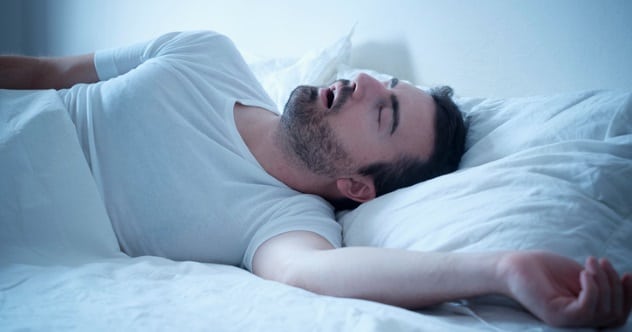Death during sleep is one of the most unexpected and often frightening occurrences. While it may seem peaceful, it can be the result of serious underlying health conditions. Understanding the reasons behind why some people die in their sleep can help raise awareness and promote preventive measures. Here are **four major causes** of such incidents:
1. Heart Attack (Myocardial Infarction)
One of the most common causes of sudden death during sleep is a heart attack. This occurs when blood flow to the heart is blocked, usually due to plaque buildup in the arteries. At night, blood pressure naturally drops, but for people with underlying heart conditions or those who suffer from stress, obesity, or high cholesterol, the heart can become overwhelmed. Without immediate medical attention, a heart attack during sleep can quickly become fatal.
2. Cardiac Arrhythmia
Arrhythmias are irregular heartbeats that can either be too fast, too slow, or erratic. Some arrhythmias are harmless, but others—like ventricular fibrillation—can stop the heart from pumping blood effectively. Since arrhythmias can occur silently and suddenly, especially during rest, they are a leading cause of death in sleep, particularly in individuals with a history of heart disease.
3. Obstructive Sleep Apnea (OSA)
Sleep apnea is a condition where a person’s breathing repeatedly stops and starts during sleep. Severe cases can lead to oxygen deprivation, high blood pressure, heart strain, and even sudden death. Many people suffer from OSA unknowingly, with signs such as loud snoring, gasping during sleep, and daytime fatigue. If left untreated, it poses a significant risk, especially for overweight individuals or those with respiratory issues.
4. Stroke
A stroke occurs when the blood supply to the brain is interrupted, either due to a blockage or a burst blood vessel. During sleep, a stroke may go unnoticed for hours, delaying crucial treatment. Older adults, individuals with high blood pressure, or those with a history of smoking or diabetes are at higher risk. Symptoms like facial drooping, slurred speech, or limb weakness often appear too late if the person is unconscious.
Conclusion
While dying in one’s sleep may seem peaceful, it often results from serious and preventable medical conditions. **Routine health checkups, healthy living habits, and early diagnosis of heart or sleep-related issues** are essential in reducing the risk. If you or someone you know has symptoms like chest pain, irregular heartbeat, snoring, or sleep disturbances, it’s vital to seek medical attention to avoid such tragic outcomes.
